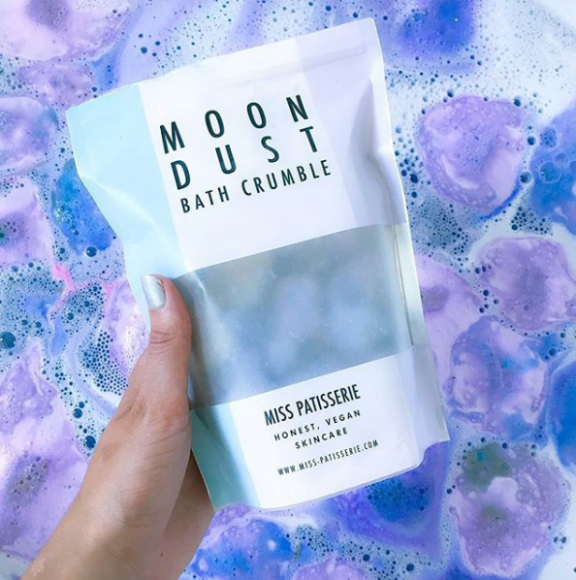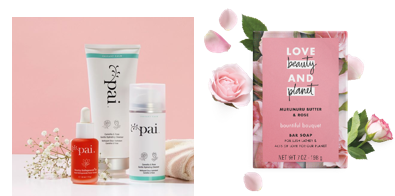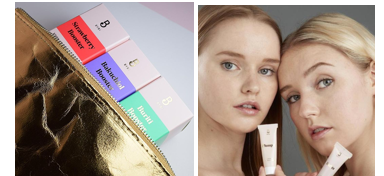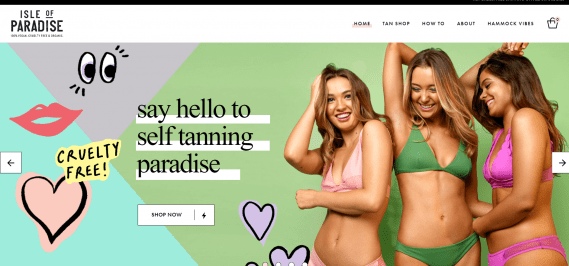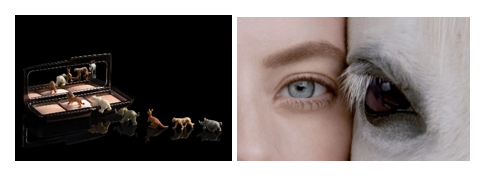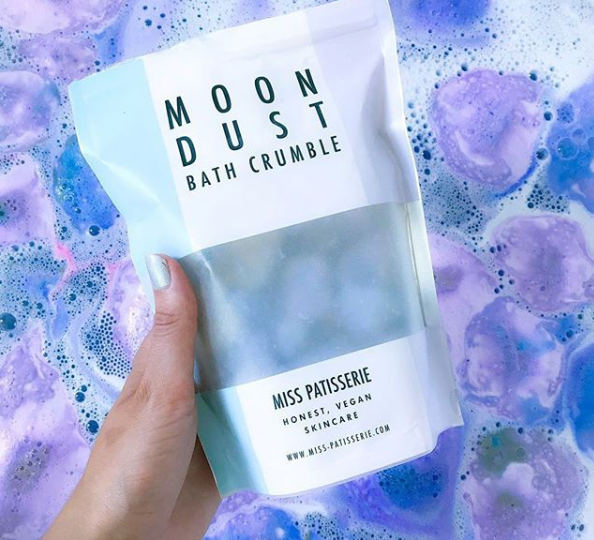
Reflecting the rise in veganism there has been a raft of new vegan beauty brands and new product launches. In the past 12 months, sales of vegan beauty products have increased by a staggering 38%, and account for 7% of general beauty and personal care NPD globally. To explore this exciting territory, this article considers the semiotics of rising players in the vegan skincare segment, to see how their “veganism” is cued in their packaging and brand communications.
Analysing the emergent
Commercial semiotics is all about unpicking the deeper cultural meaning of visual communication (shapes, colours, typography, language, imagery and anything you can see). Semioticians seek out the new and emerging movements and brands to analyse, as these help to reveal shifts in cultural meaning over time. Our learnings help clients prepare and stay relevant both now and in the future.
For the purpose of this article, we have analysed brands that have vegan credentials as part of a bigger set of ethical brand values. Our findings uncover “veganism” is not at the forefront of these brand communications, but instead many dial up existing stereotypes and ideals of beauty first, diluting the ethical message. As a result, there is an opportunity for brands to emphasise ethical credentials in a more cut-through and authentic way.
Vegan skincare brands are heavily entrenched in a much broader set of beauty codes.
Skincare brands tap into deeper human psychology around desire, transformation and aspiration, which is inherent from the wider culture of beauty. A vegan stamp is part of that brand identity but it is not the prominent part.
For example, Miss Patisserie, uses galactic colours, product names such as ‘Moon Dust’ and flowing rich textures to create a set of products that feel ultra feminine, fun and futuristic, which stand out against its utilitarian minimal packaging. This follows a broader trend of culinary inspired products, led by big players such as Lush. Its language ‘honest vegan skincare,’ speaks to a new generation who expect all their products to be ‘vegan’ as a simple baseline.
Love Beauty and Planet, Pai, Green people and Urban Veda all play on the notion of natural content, tying into the macro trend of health and wellness. Gentle colours and natural foliage literally suggest the content is straight from nature and therefore is good for the users’ skin. Vegan certification plays a supporting role in these brand stories.
BYBI with its luxurious yet imperfect materials give a premium but relaxed and approachable tone to their vegan line up. Models appear naturally shot and unaltered, reflecting this stripped-back image further. The brand address one issue around vegan ingredients, that often they are more expensive than commonly used ones.
Milk’s dominant brand message is one of youth, punk and experiment. They dial up their vegan credentials online, yet not at the point of sale or on pack. The brand name feels highly paradoxical, as Milk is not traditionally vegan, which is perhaps more down to the fact that when the brand originally launched they were not vegan. Milk is illustrative of how brands are switching to vegan ingredients to keep up with this change.
Isle of Paradise has created the image of a utopian lifestyle, through its childlike animal animations and beach life symbols. Perhaps symbolising a world where animal consumption doesn’t exist, making a literal link to its vegan and cruelty-free label. The beach vibes evoked by light-hearted images of women in bikinis, also touches on a much wider tension within beauty, between sexuality and innocence.
These examples illustrate that the majority of vegan skincare brands do not centre on their vegan credentials but instead sell a particular aspirational feminine identity to consumers – whether that be punk chic (Milk), happy hippy (Arbonne) or relaxed Girl Next Door (BYBI) which appeal to ingrained desires of transformation, nourishment or replenishment.
Brands are missing a trick by not pulling on their vegan credentials more boldly
Signalling veganism in skincare in a way that is more forthcoming could really create standout from the pack. The beauty brand, Hourglass, is a brilliant example of a brand putting their ethical standpoint as a fundamental part of their communication. By photographing animals in such a way, they draw parallels to shelter and safety. Showing that they are not only care about animal wellbeing, but they have gone one-step further, by figuratively placing them as equal to humankind.
Rather than veganism becoming the new norm in a checklist on the back of packaging, there is space for brands to really own their vegan identity and change the conversation around the category rather than conforming to traditional skincare territories. In a category where ethical purchases are at an all-time high, it must be time to bring this front and centre of brand communication. Not in a way that will shock and upset consumers, but in a way that displays their vegan values in a more obvious and credible way.
Achieving cut through in a saturated segment, such as vegan skincare, is an example of a challenge were we would use semiotics to deeply interrogate cultural movements and identify new ways brands can find a resonating point of difference.
At Join the Dots, our Culture and Trends team uses semiotics to help our clients understand where the emergent movements are, to ensure they stay in line with the shifting culture. You can find out more about our work here and get in touch to talk about our commercial semiotics offer.


